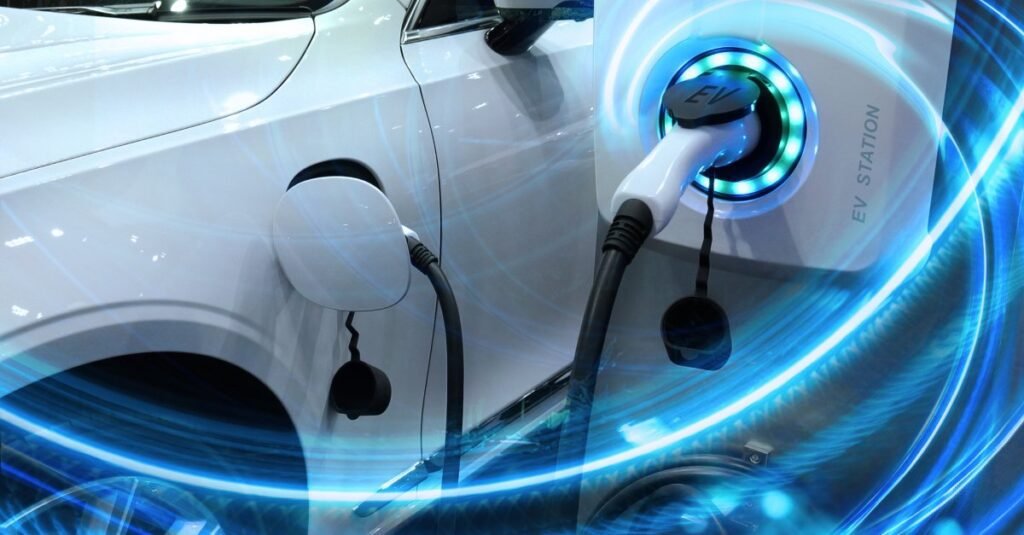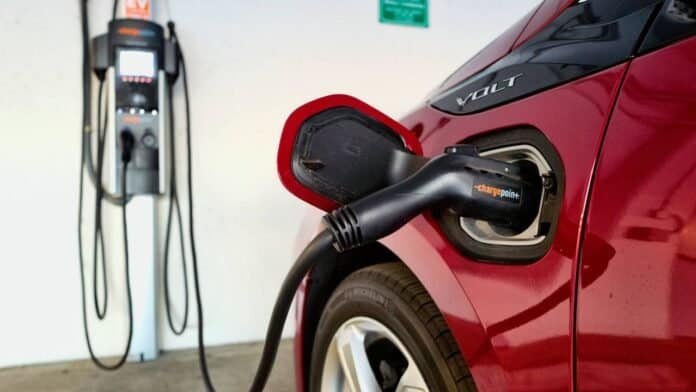German and a few other multinational corporations voiced their concern that they might not receive a “level playing field” following the announcement of a new incentive program by the Modi-led government to encourage investments in the production of electric vehicles. They claimed that special import duty rates would only be granted to new entrants and might not be extended to existing players. Auto giants like BMW, the Volkswagen Group, and Mercedes-Benz have already briefed worldwide headquarters about the new tax regime that the Indian government unveiled last week, and they are already weighing their formal stance on the issue.

India Govt New EV Policy
The Indian government has approved a new electric vehicle strategy with tax breaks with the goal of establishing India as a leading manufacturing hub. This occurs at a time when the Asian country is trying to get foreign investment from companies like Tesla for domestic production. India intends to reduce import taxes on a limited number of electric vehicles (EVs) for businesses that pledge to invest more than $500 million and set up production facilities within three years. Aside from a few domestic Indian manufacturers, some businesses believe their early investments in the electric domain should be evaluated retroactively, including the Korean automakers Hyundai and Kia.
According to the government’s perspective, the corporations believe they shouldn’t be “penalised” just for being the first to invest in the manufacture and localization of electric vehicles in India. In an effort to promote a “level playing field,” a few international corporations are thinking about involving their respective local embassies in India. For some months, these embassies have been keeping an eye on the situation and waiting for regulations that would encourage new players to enter the Indian market.
Elon Musk’s business alluded to the potential of utilising India as a base for the production of reasonably priced cars aimed at both the domestic and international markets during talks with the government last year. Furthermore, VinFast declared its plan to invest $2 billion in the establishment of a factory in Tamil Nadu, India.


